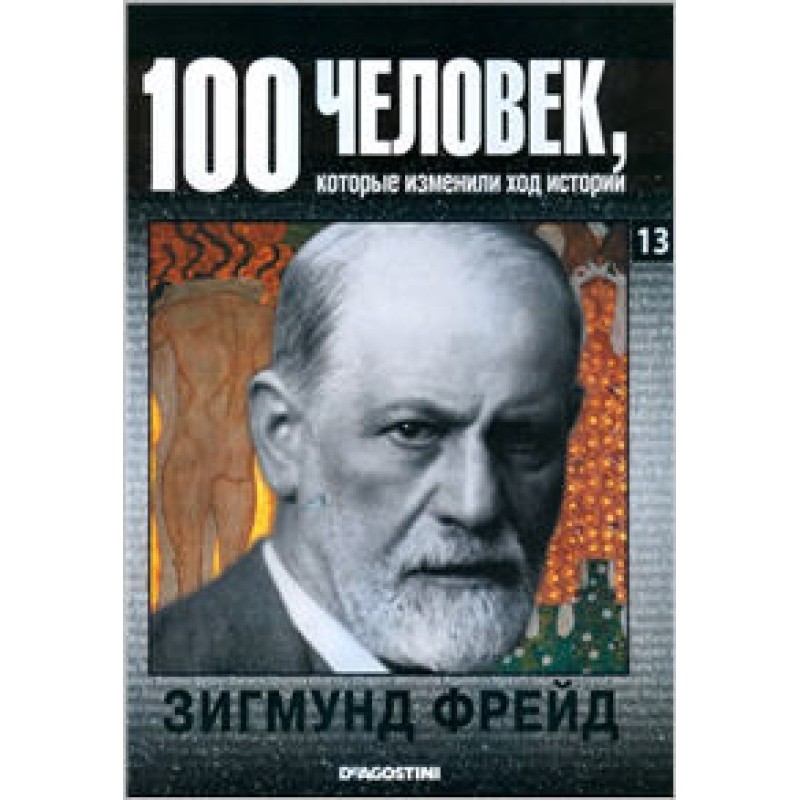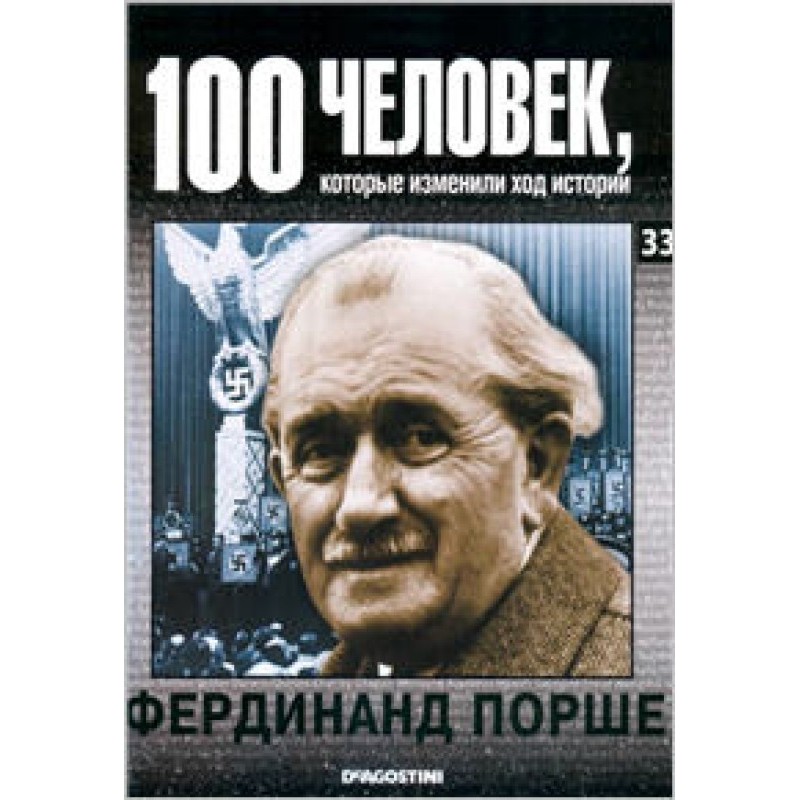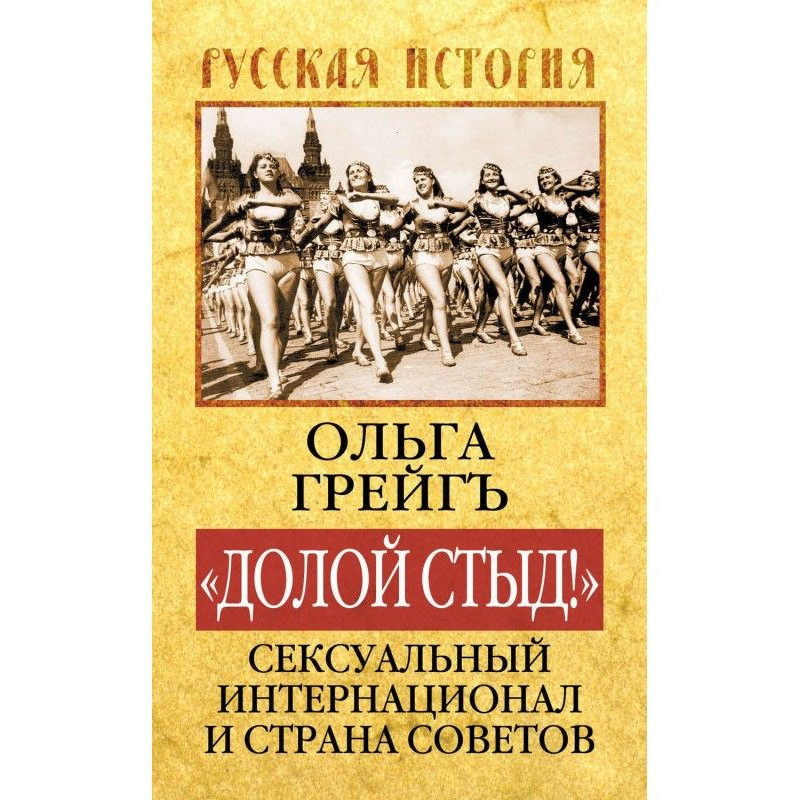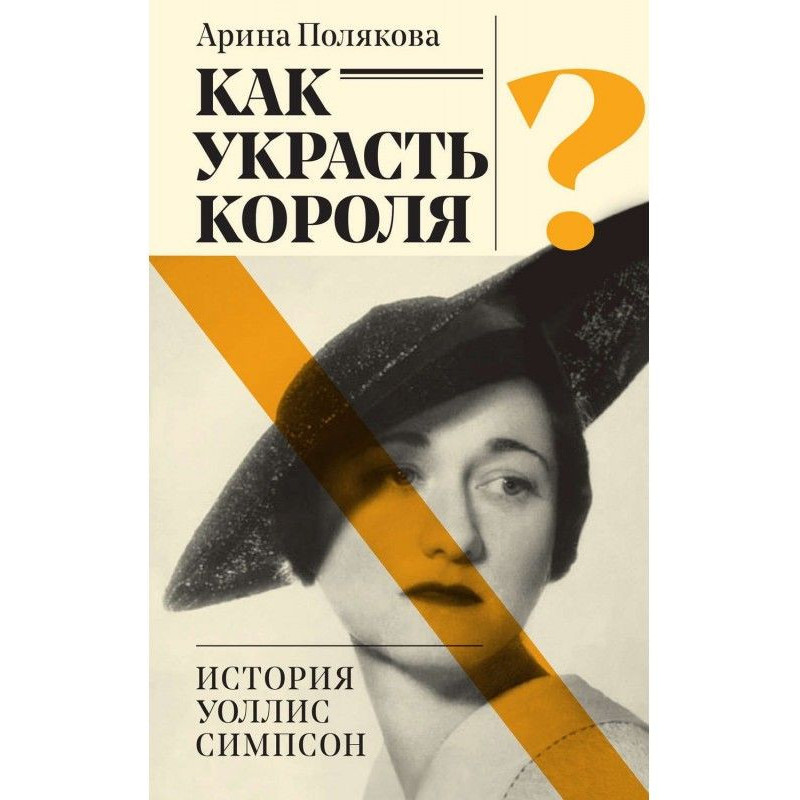Otto von Bismarck
 Instant download
Instant download
after payment (24/7)
 Wide range of formats
Wide range of formats
(for all gadgets)
 Full book
Full book
(including for Apple and Android)
By the middle of the 19th century, Germany remained fragmented into many small states, the unification of which became a vital necessity for the country. In contrast to the aspirations of the democratic public, who hoped to overcome fragmentation “from below,” the unification of Germany was carried out by the head of the Prussian government, Otto von Bismarck (1815-1898). Having achieved enormous power, the “iron chancellor” skillfully used it, as if playing a chess game. He had the ability to coldly assess the situation, even while in the thick of things, and always found effective solutions. Bismarck's stormy political career began in the diplomatic field. Although he did not achieve any significant successes, but, being the Prussian ambassador first to Russia and then to France, he gained experience and gained a name for himself in international circles. Oddly enough, the future creator of the German Empire initially had a negative attitude towards the idea of unifying Germany. His patriotism was initially limited only to the framework of Prussia, and the ideas of all-German unity seemed to be the dangerous dreams of liberals who hated him. It was to fight the liberal movement that King William I needed Bismarck, who appointed Bismarck as Minister-Chairman (Chancellor). In his first speech as head of government, Bismarck uttered the famous words: “Prussia’s position in Germany should be determined not by its liberalism, but by its strength... The great questions of the time will be decided not by the speeches and resolutions of the majority... - but by iron and blood.” Little regard for the opinion of parliament, Bismarck was able to quickly strengthen the power of Prussian army. The logic of the political struggle led him to start wars, first with Denmark and then with Austria. Their victorious completion led to the need to start a third war in a row with France, which was quite capable, together with the recently defeated Austria, of opposing Prussia. The quick and seemingly easy victory over the French caused almost universal euphoria in Germany, forcing many to forget for a while about their dislike of Prussia. Bismarck could not help but take advantage of such an opportune moment and ensured that the main result of the Franco-Prussian War was the creation of a unified German Empire. Having achieved the unification of Germany, Bismarck did not seek to continue aggressive wars at any cost. Strengthening the military power of his power, he adhered to the principle “if you want peace, prepare for war.” IN In the area of foreign policy, the “Iron Chancellor” had two guidelines that he adhered to almost always: France is a strategic rival of Germany; Under no circumstances should Russia be made an enemy of Germany. In the presence of a hostile France, bad relations with Russia were fraught with a war on two fronts for his homeland. However, torn between his desires not to spoil relations with Russia and to please Austria-Hungary, which was clashing with Russia in the Balkans, Bismarck himself largely undermined Prussia’s former closeness with its eastern neighbor. At the end of the 19th century, the balance of power in Europe maintained by Bismarck was finally upset, which led to what the “Iron Chancellor” feared most: in two world wars, Germany fought on two fronts and in both cases ended up defeated.
Data sheet
- Name of the Author
- Анастасия Жаркова Евгеньевна
- Language
- Russian
Reviews
Вражаюча біографія великого політика!
Книга про Отто фон Бісмарка - це не просто опис життя одного з найвпливовіших політиків XIX століття, а справжня подорож у світ політичних інтриг, стратегій і рішень, які змінили хід історії Німеччини та Європи. Автор майстерно описує шлях Бісмарка від скептицизму щодо об'єднання Німеччини до його ролі як «залізного канцлера», який вміло маневрував між внутрішніми і зовнішніми викликами. Читачі можуть відчути атмосферу того часу, зрозуміти складність політичних рішень і наслідків, які вони мали. Особливо вражає, як Бісмарк, спочатку не бажаючи об'єднання, став його головним архітектором, використовуючи свою дипломатичну майстерність і військову силу. Ця книга стане чудовим вибором для тих, хто цікавиться історією, політикою та особистостями, які формували світ


























